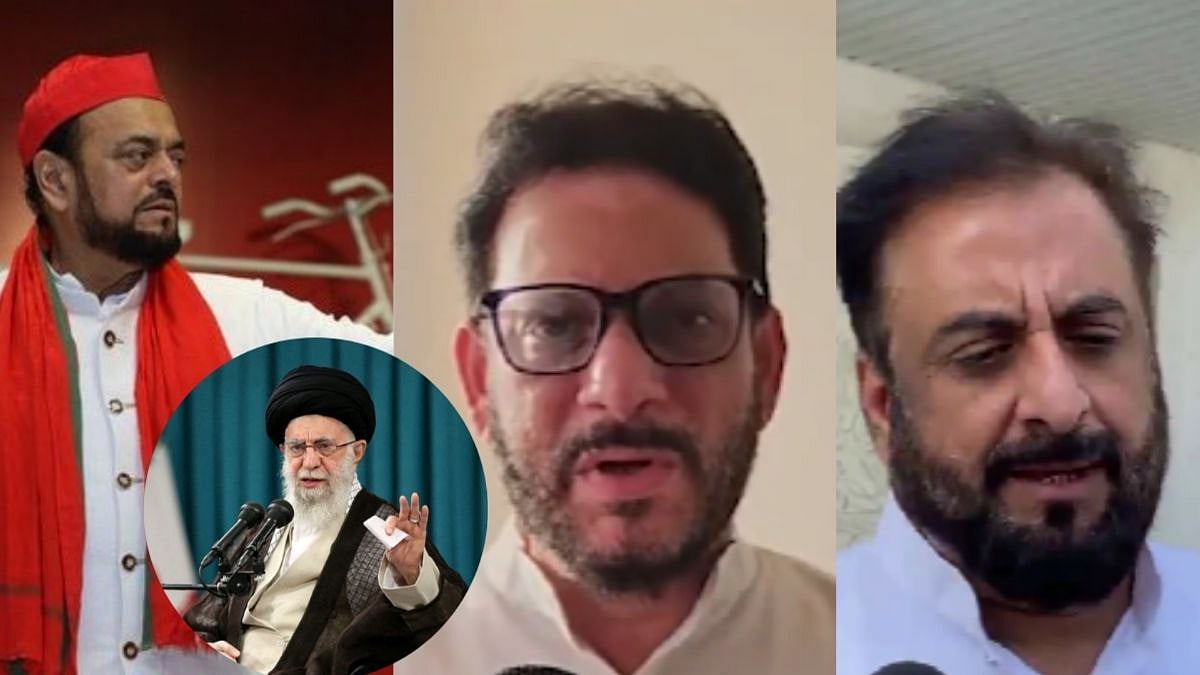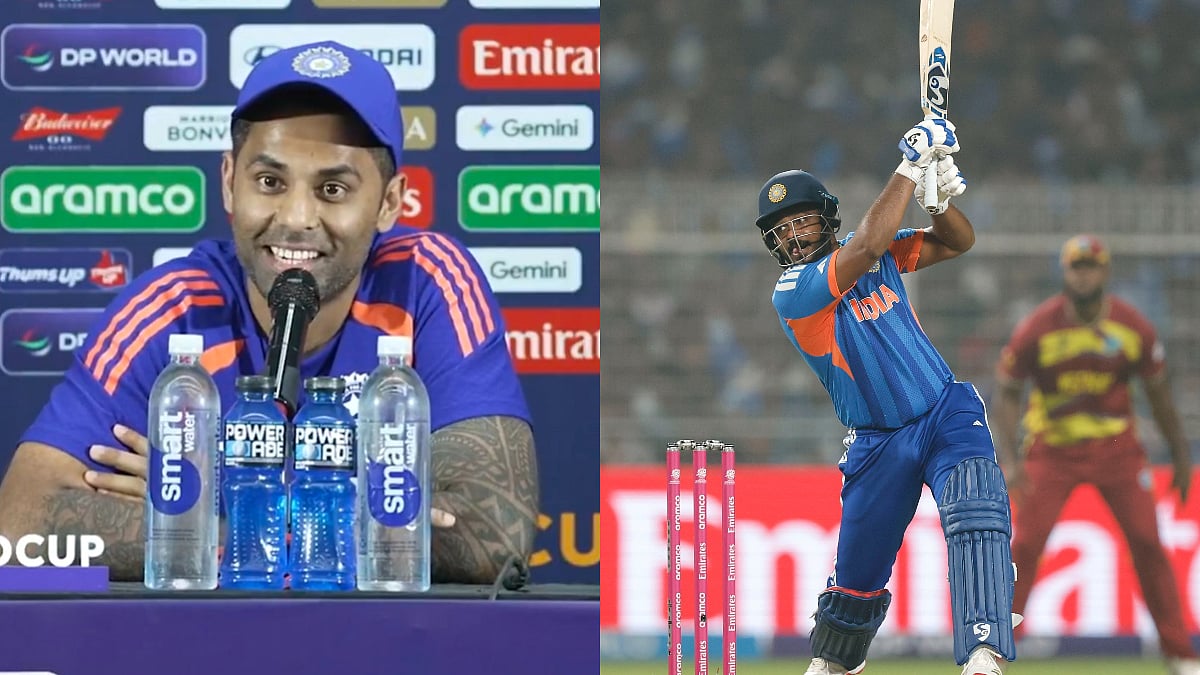The spate of criticism directed at the BJP by RSS functionaries has intrigued supporters and detractors alike. Gleeful speculation about the impact of the figurative rap on the knuckles is rife: Will the BJP ‘course-correct’ and repair the seemingly frayed relationship with its ideological mentor?
The dynamic between the party and the mothership is not easily understood, given that it is neither institutionalised nor strictly transactional. Neither exerts ‘control’ over the other. There is co-action on common ideological goals on the one hand, and pragmatic compromise on the other. The relationship is organically mediated, through the RSS veterans who hold the top posts in the government and party.
As such, a lack of accommodation does not usually result in overt action. There is a subtle withdrawal on the part of the RSS and a consequent dampening of enthusiasm among the cadre. This accounts — at least partially — for the historical correlation of RSS-BJP harmony with electoral outcomes.
The latter half of Modi 2.0 was marked by a palpable cooling of relations with the RSS. This, despite the fact that Modi’s BJP is a staunchly ideological party that has carried forward the sangh’s agenda, including the abrogation of Article 370, the Ram Mandir and the Citizenship Amendment Act. It was also made clear, before the electoral results, that a Uniform Civil Code was on the cards.
But there have been sharp disputes on matters of policy. The RSS economic agenda, once described as ‘communism plus cow’, but more accurately ‘socialism plus cow’, has led to discord, for example on the land acquisition ordinance, the farm laws and the labour codes. The perception that economic policy is overly geared towards big business and not enough is being done to tackle unemployment, poverty and economic inequities has been articulated.
Nor is it any secret that the RSS is uncomfortable with the personality cult around Modi, the seemingly endless influx of ‘outsiders’ into the party and the concomitant decline in the close coordination between sangh and government, which was a feature of Modi 0.1. The sense that Union ministers were being encouraged to maintain a distance from RSS functionaries, that access and support for staunch sangh loyalists was limited and that advice on policy matters was being ignored added to the disquiet.
Indeed, the BJP leadership went out of its way to emphasise its independence from the RSS. In May 2024, party chief J P Nadda – who has now been shifted to the council of ministers - declared that the BJP had once needed the RSS but was now self-sufficient. In other words, the on-ground RSS network did not need to be mobilised.
Such ‘arrogance’ was a departure from Lok Sabha 2014, when the BJP won the first single-party majority in 30 years. That the hands-on role of the RSS contributed to the victory in no small measure is generally accepted. The 2000s had been marked by a fissure between the party and the parent body. During that phase, the BJP’s seatshare and voteshare declined significantly, leading to the ‘surprise’ setback of 2004 and the debacle of 2009.
Going further back, the BJP’s emergence as a formidable electoral force owed to a mass mobilisation mediated to a large extent by RSS frontals and aided by the organising skills of pracharaks deputed to the party. Between the Ram Janambhoomi movement and a programme of ‘social engineering’ executed by these RSS-trained adepts, the BJP expanded its voteshare from a mere 11.3 per cent in 1989 to 25.6 per cent in 1998.
In the first half of the 1980s, the BJP had sought to assert its independence from the RSS. Atal Behari Vajpayee, then at the helm, had famously observed in a 1979 article that “the RSS claiming to be a social and cultural organisation should have taken greater pains to demonstrate that they did not seek a political role”. When the BJP came into being in 1980, Gandhian socialism and positive secularism became its core principles, perhaps out of deference to the former Janata Party adherents within its ranks.
The RSS quietly withdrew and devoted its efforts towards promoting Hindu solidarity, thereby limiting the BJP’s access to its talent pool. Not until the BJP returned to the fold and owned the late Deen Dayal Upadhyay’s Integral Humanism as its philosophy did the sangh send its best and brightest (including Narendra Modi and K N Govindacharya) to aid the party.
The point is that RSS insiders deputed to the BJP are technically free to chart an independent path. The Vajpayee-Advani duo dominated the BJP long after it became apparent that they had lost the confidence of the sangh. The party remained out of power for ten years. But Modi’s BJP does not take even minor electoral reverses lightly, so choosing a BJP chief capable of resolving differences within the sangh parivar will be of prime importance.
Bhavdeep Kang is a senior journalist with 35 years of experience in working with major newspapers and magazines. She is now an independent writer and author




